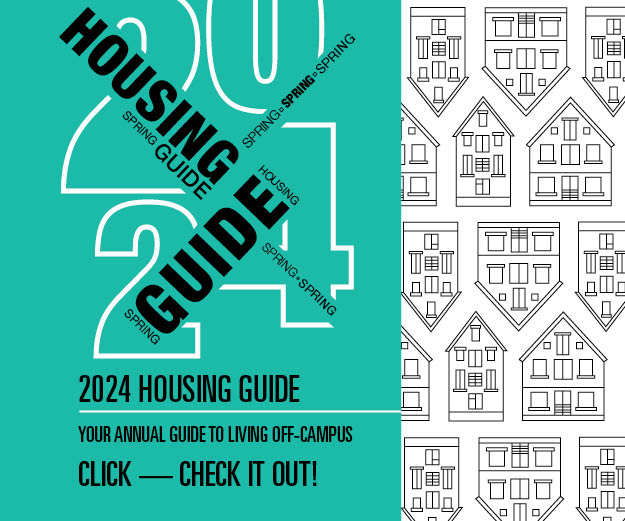By Josh Hirschland U-WIRE
NEW YORK – Five years ago, finding even one person willing to admit to taking drugs recreationally would have been an arduous task requiring dozens of hours and hundreds of contacts.
Last July, however, the New York Times reporter who wrote a story about Adderall abuse at Columbia found a plethora in 30 seconds – all he had to do was get on Facebook.
Facebook, as well as other social network sites like Friendster and Myspace, straddles the line between public and private information. On the one hand, users of the site wish to make themselves accessible to friends and potential dates; however, they also wish to protect their private information.
But more and more people have started poking around. The Times reporter stumbled upon a Columbia Facebook group, “Adderall, You’re Breaking My Heart,” while reporting the story and contacted some two dozen students listed as members. And reporters aren’t the only ones searching. Days after students in Pennsylvania rushed the field after the Nittany Lions beat the Ohio State University Buckeyes, campus police identified and disciplined 50 students tagged in pictures on the Facebook group, “I Rushed the Field After the OSU Game (And Lived!).”
Pennsylvania State University is one of many schools where administrators are cracking down. Campus police at Northern Kentucky University and the University of Kentucky have taken action against underage students shown drinking in dorms. And Saul Martinez, a freshman at the University of Oklahoma, takes the prize for the most incredulous Facebook disciplinary action: he was investigated by the Secret Service in November for posting a comment stating, “We could all donate a dollar and raise millions of dollars to hire an assassin to kill the president and replace him with a monkey.”
Instances of stupidity aside, there has been much talk over the last year about how employers, graduate school admissions, and other muses of fate may be using the site to screen applicants. Some may say that the responsibility of privacy lies with the company. Facebook allows users to make their profiles available only to confirmed friends and restricts access to users with registered academic e-mail addresses. As students continue to be careless, however, it might make sense to make all profiles, even at the same school, accessible solely via confirmation though this could easily eradicate the mysterious aura of the Web site (and would make the “Somebody must be masturbating to my Facebook picture” group even creepier than it already was).
Others conclude that it is the responsibility of the universities. In discussing subscriptions to legal music systems, administrators have already ceded that, to some degree, they are responsible for protecting students in the digital realm. Walter Bourne, assistant director of information technology at Columbia, told me in December that it was the school’s “obligation” to protect students from lawsuits.
At least one school, the University of New Mexico, took steps in this direction when it installed software barring access to Facebook from university computers.
Columbia has already taken steps toward securing personal information. On projects including LionLink and BearLink, student leaders have pushed for increased privacy of information, and the University is currently working to replace the CUIDs with a more secure model.















